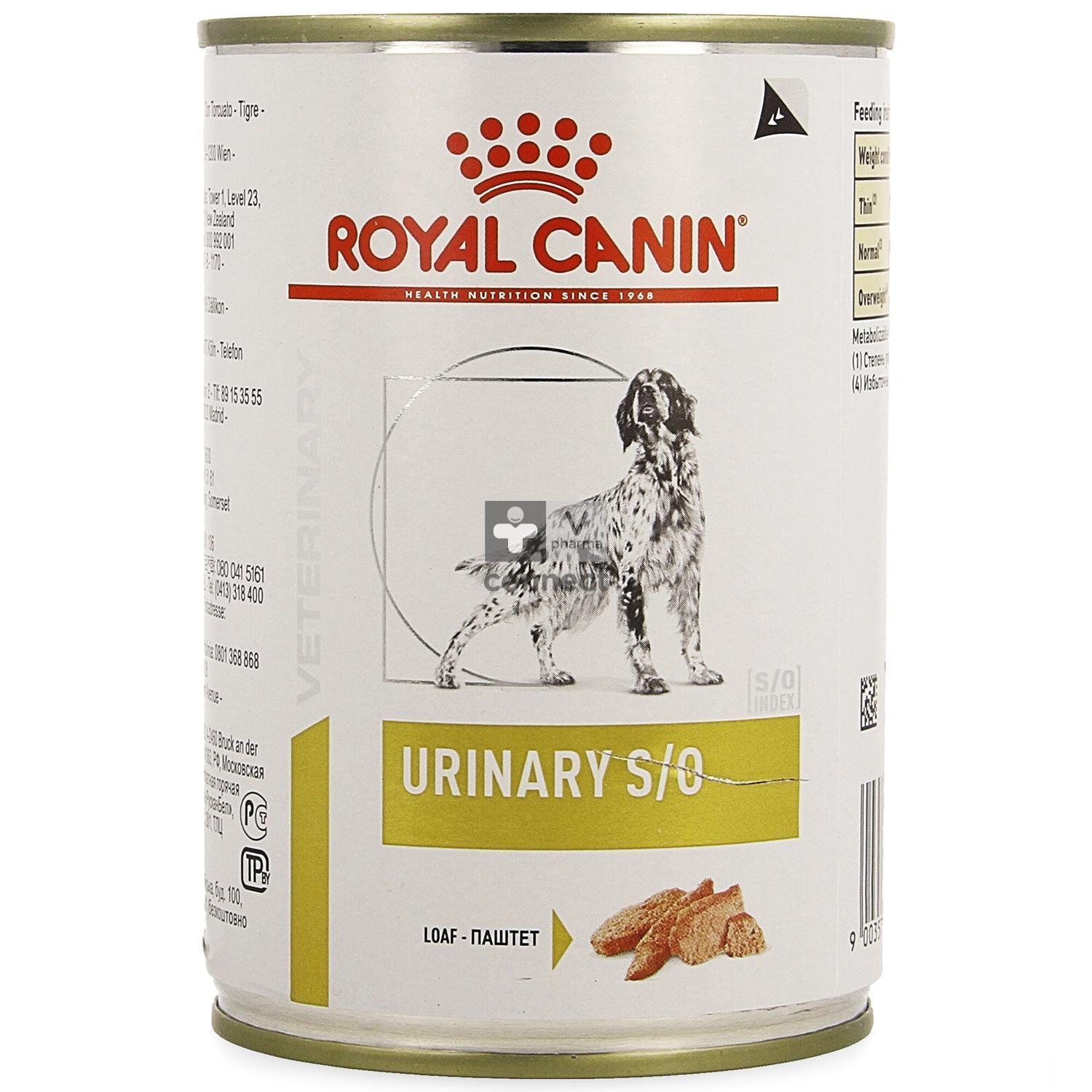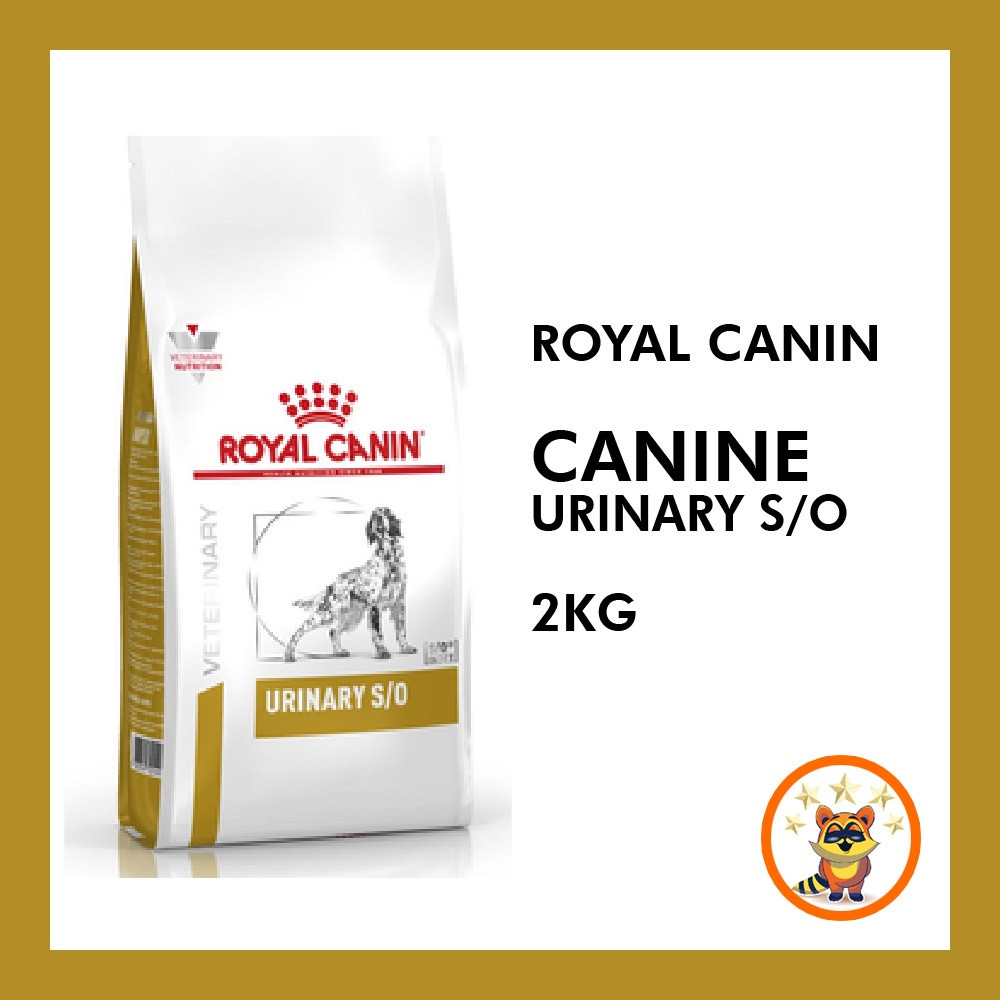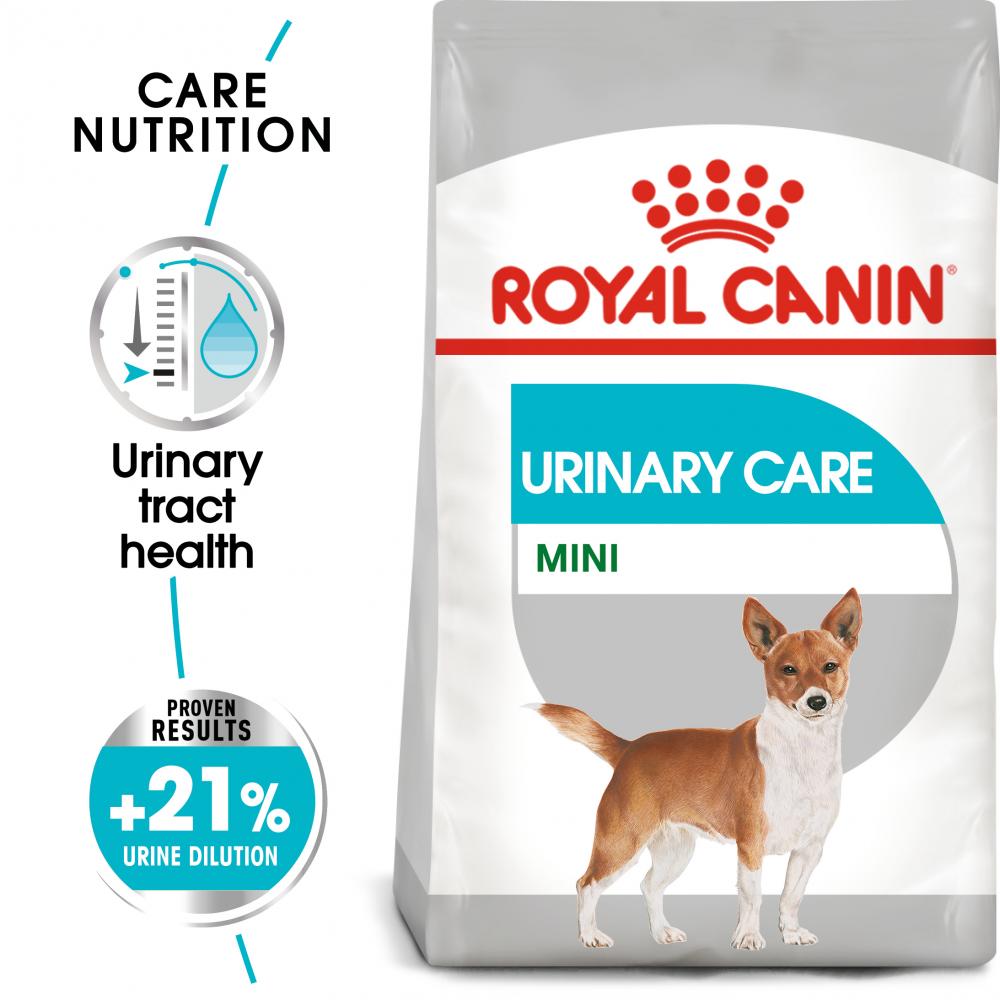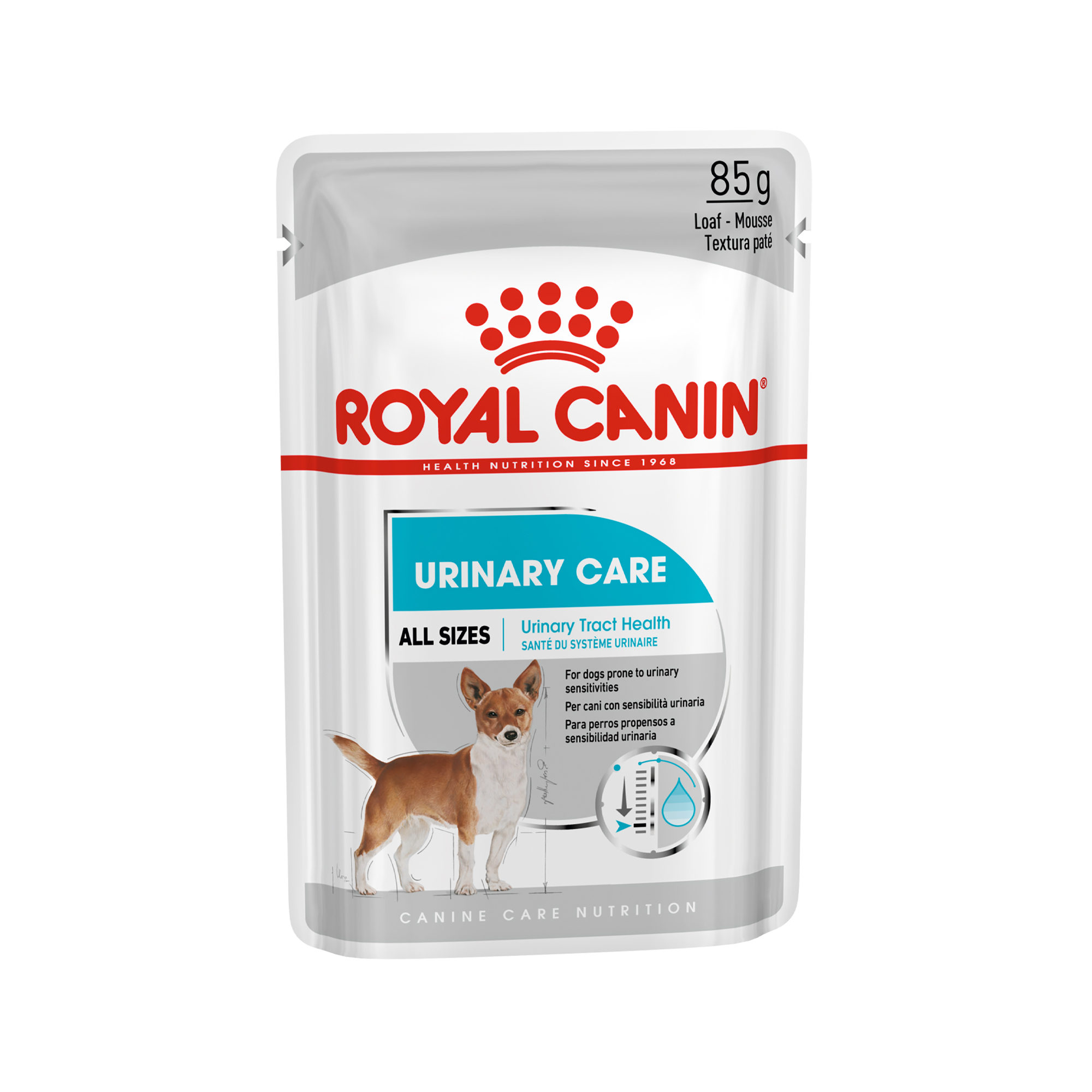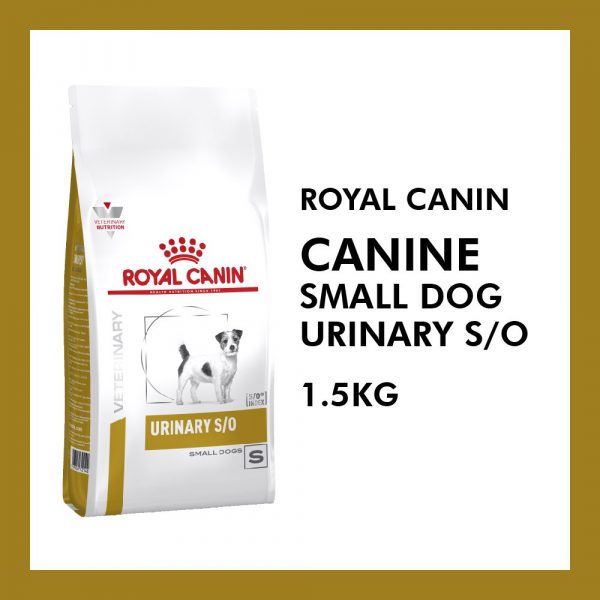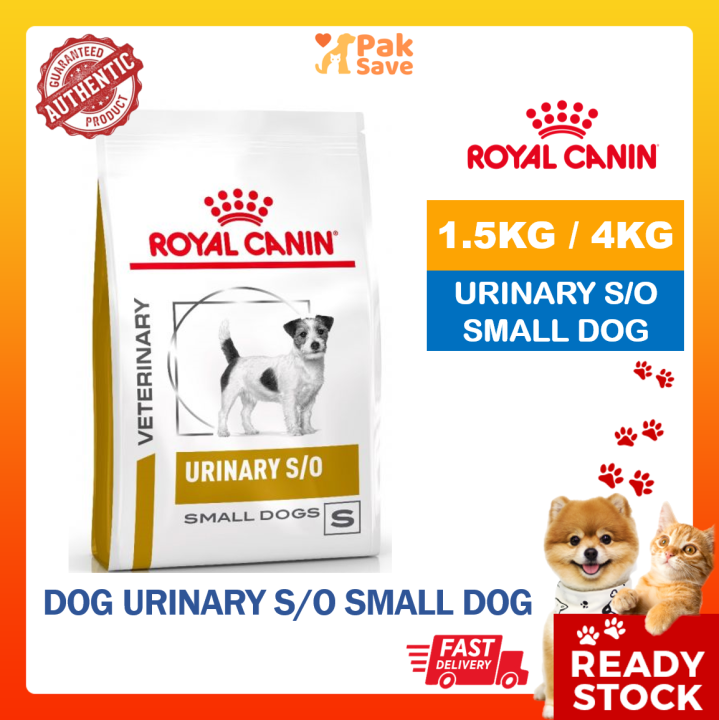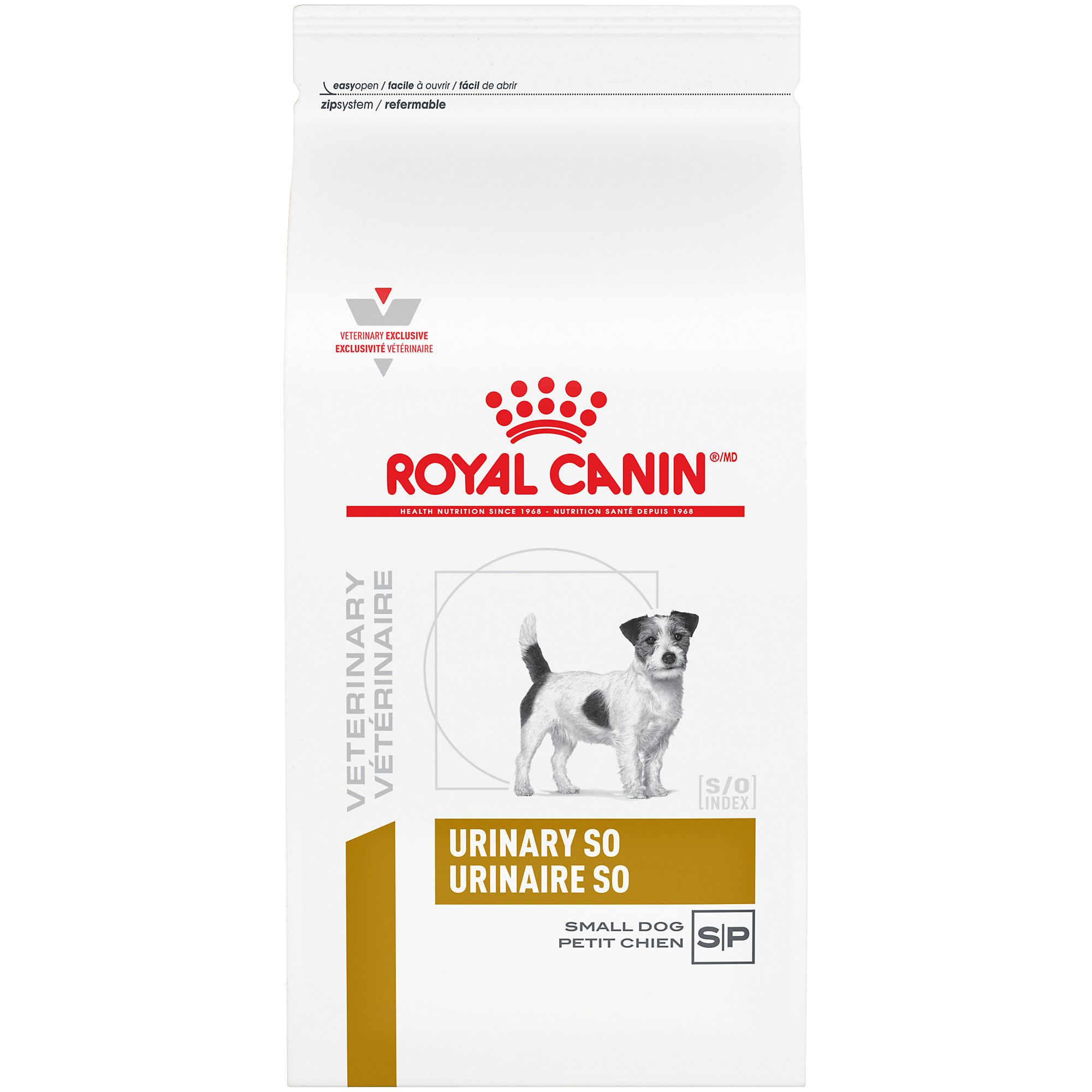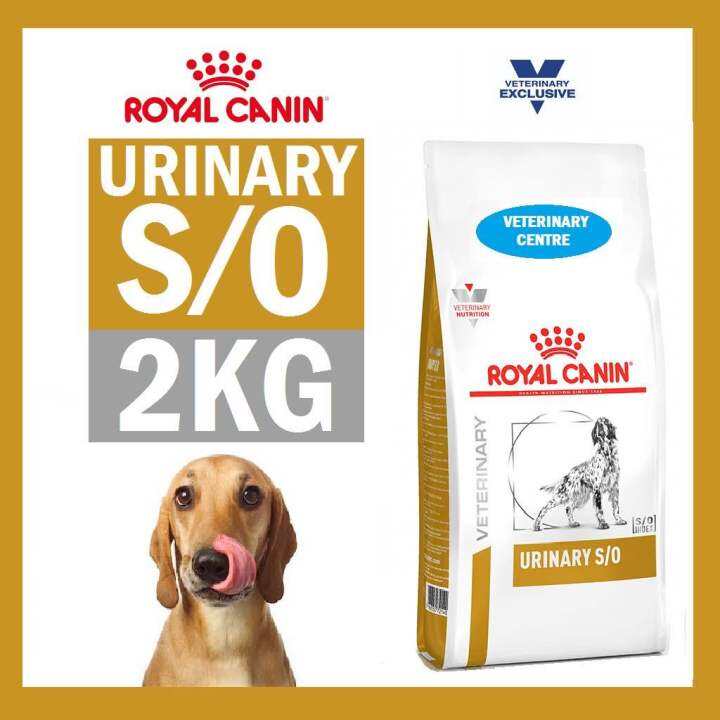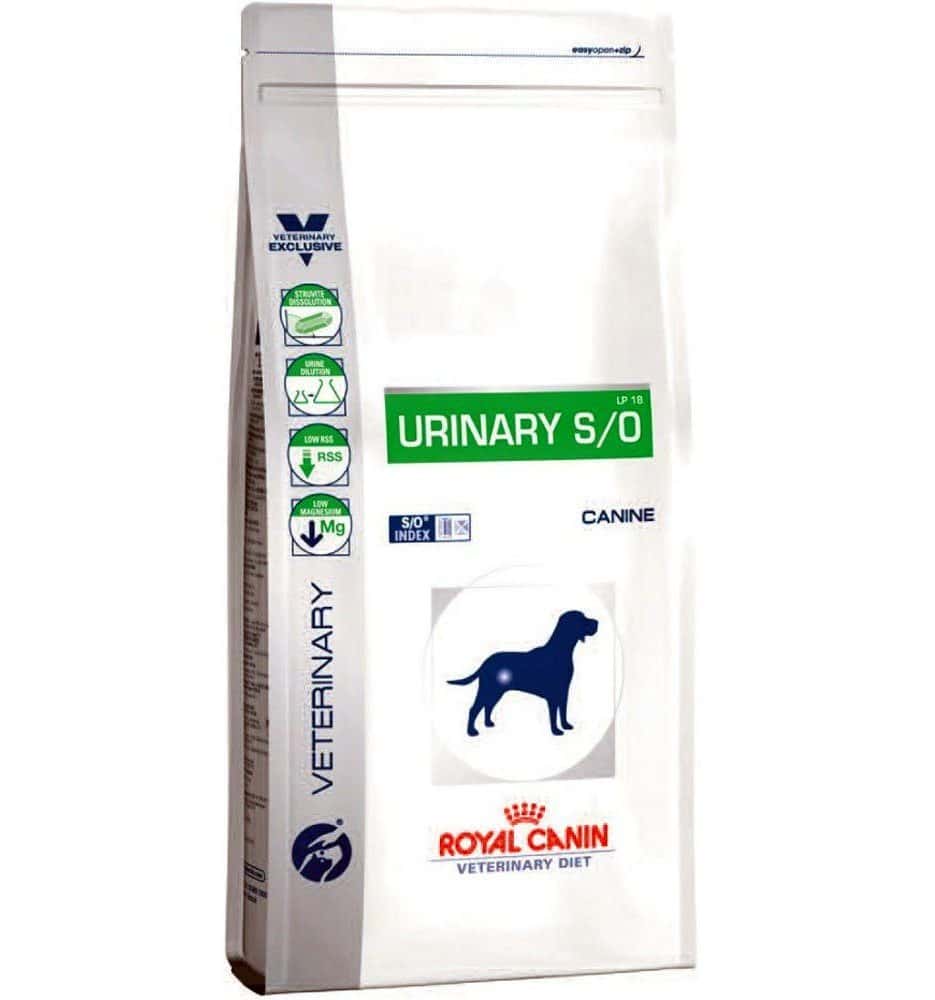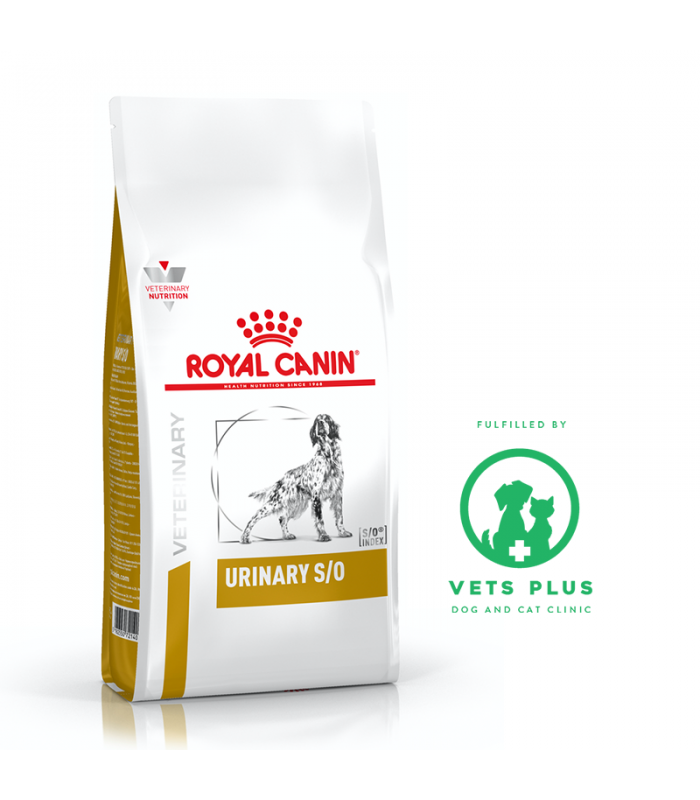Royal Canin Prescription Dog Food Urinary

A painful and potentially life-threatening condition is affecting dogs worldwide: urinary tract issues. These ailments, often resulting in bladder stones or crystals, can significantly impact a dog's quality of life, causing discomfort, frequent urination, and even blockages requiring emergency veterinary intervention. Consequently, specialized diets have become increasingly important in managing and preventing these urinary problems in canines.
At the forefront of these specialized diets is Royal Canin Prescription Dog Food Urinary, a formulation designed to address various urinary health concerns. This article delves into the composition, efficacy, and controversies surrounding this widely used prescription dog food, examining its role in managing canine urinary health and exploring the perspectives of veterinarians, pet owners, and nutritional experts.
Understanding Canine Urinary Issues
Canine lower urinary tract disease (CLUTD) encompasses a range of conditions affecting the bladder and urethra. Common culprits include the formation of struvite and calcium oxalate crystals or stones.
These minerals precipitate out of the urine and aggregate, causing irritation, inflammation, and potentially life-threatening urinary blockages, particularly in male dogs.
Royal Canin Urinary: A Deep Dive
Royal Canin Prescription Dog Food Urinary aims to manage CLUTD through several key strategies. It promotes increased water intake, diluting the urine and reducing mineral concentration.
The diet also targets specific urine pH levels to discourage crystal formation and contains controlled levels of minerals like magnesium, phosphorus, and calcium.
Formulas are available for both dissolving existing struvite stones and preventing the formation of both struvite and calcium oxalate stones.
Key Ingredients and Nutritional Profile
The ingredients in Royal Canin Urinary typically include ingredients like brewers rice, corn, chicken by-product meal, and animal fat. These provide the foundation for the diet's macronutrient profile.
The specific nutrient ratios are meticulously formulated to achieve the desired urinary pH and mineral balance. Additives include vitamins, minerals, and antioxidants to support overall health.
Veterinarian Perspectives
Many veterinarians routinely prescribe Royal Canin Urinary for dogs with a history of urinary problems. They cite the diet's proven efficacy in dissolving struvite stones and preventing recurrence as major advantages.
However, some vets also acknowledge the importance of considering individual patient needs and monitoring urine pH regularly.
Adjustments to the diet or additional treatments may be necessary in certain cases.
Pet Owner Experiences
Pet owners often report positive outcomes with Royal Canin Urinary, noting a reduction in urinary symptoms and improved overall well-being in their dogs.
However, some owners express concerns about the ingredients list, particularly the inclusion of corn and by-products.
Cost can also be a significant factor for some, as prescription diets are generally more expensive than over-the-counter options.
Expert Opinions and Controversies
Nutritional experts offer varied perspectives on Royal Canin Urinary. Some support its use as a valuable tool in managing canine urinary health, emphasizing the importance of scientifically formulated diets in addressing specific medical conditions.
Others advocate for a more holistic approach, suggesting that a fresh, whole-food diet may be a healthier long-term solution.
Concerns are sometimes raised about the potential for long-term reliance on a highly processed diet, and the need for further research into alternative dietary strategies.
Scientific Evidence and Studies
Royal Canin supports its urinary diets with scientific studies demonstrating their efficacy. These studies typically involve controlled trials comparing the diet to other formulations or treatment approaches.
However, some critics argue that independent research is needed to validate these findings and address potential biases.
Ongoing research continues to explore the complex interplay between diet, urinary health, and overall canine well-being.
Looking Ahead: The Future of Canine Urinary Health Management
The management of canine urinary issues is constantly evolving. Advances in veterinary medicine and nutritional science are paving the way for new and improved strategies.
Future developments may include more personalized dietary approaches tailored to individual dogs' unique needs, as well as novel therapies targeting the underlying causes of CLUTD.
Continued research and collaboration between veterinarians, nutritionists, and pet owners are crucial to ensuring the best possible outcomes for dogs affected by urinary problems, while keeping in mind that Royal Canin Urinary, or similar prescription diets, play a vital role under the guidance of a veterinarian.
Early detection and intervention are key to maintaining canine urinary health.

